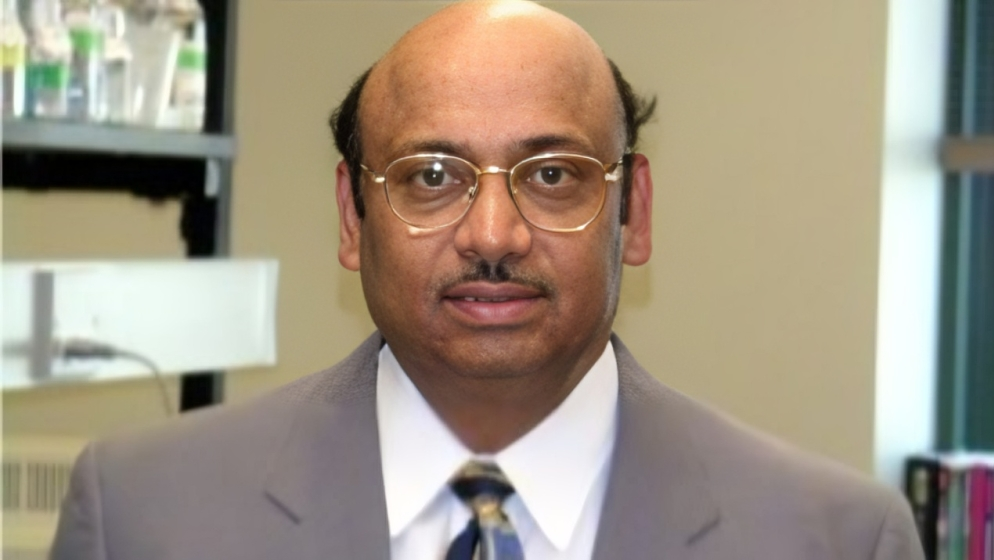E. Shyam P. Reddy, Professor and Director of the Cancer Biology Program at Morehouse School of Medicine, shared a post on LinkedIn:
“The creator of CAR-T therapies – 72-year-old Carl H. June – believes that we’re experiencing a process of change in medicine. And he affirms that this will lead to a system based on personalized gene therapies that will be able to cure everything, from diabetes and chronic infections, to autoimmune diseases.
Some of these breakthroughs are relatively close. However, they will likely take decades to become widespread. In the field of cancer, for instance, these therapies have begun to be utilized to genetically modify the T cells of patients’ immune systems. The T cells are then infused again, so that they can fight tumors from within.
Last year, the New York-born June won the Doctor Juan Abarca International Award for Medical Science, in recognition of his “research and pioneering development of a revolutionary strategy to treat blood cancers, based on cell engineering.” He spoke to EL PAÍS from Pennsylvania via video conference.
Question: CAR-T cells work in blood cancers. What are the obstacles to extending their success to solid tumors?
Answer: In 2024, there were many advances in solid tumors. The most notable was in brain cancer. Three [study groups] in the United States reported on adults with refractory glioblastoma, which is the most common brain cancer in adults. We conducted the first trial in 2015. [We’re now on] the third.
In the first two, we didn’t get any responses. In those trials, we infused the cells into the blood, like a transfusion. But now, the three groups I mentioned were administered the cells directly into the brain through a catheter placed by the neurosurgeon.
We’ve also made other improvements to CAR-T cells. For example, dual targeting: [this means that] they simultaneously attack two tumor molecules – instead of just one, as we did before – which reduces the chance of the tumor escaping. If only one [research] center had had positive results, we might think it was luck… but the fact that all three achieved something indicates that it’s a good advance for the field.
Additionally, there have been very important advances in pediatric brain tumors. Currently, there are more than a thousand trials involving CAR-T cells worldwide. New variants of these cells are being tested in pre-clinical mouse models in virtually every type of cancer imaginable. The real question is how long it will take to conduct these early-phase trials with patients, so that we can have CAR-T therapies in almost every area.
Q. An oncologist told me that we still treat most cancers with 20th-century therapies, referring to chemotherapy and radiotherapy. When will this shift you mention occur? Perhaps in 20 or 30 years? …”
E. Shyam P. Reddy shared reflections from Carl H. June on the evolution of CAR-T therapies. June discussed new advances in solid tumors, especially glioblastoma, dual-targeting innovations, and the broader future of gene-based therapies in oncology and beyond.
More posts featuring E. Shyam P. Reddy.


